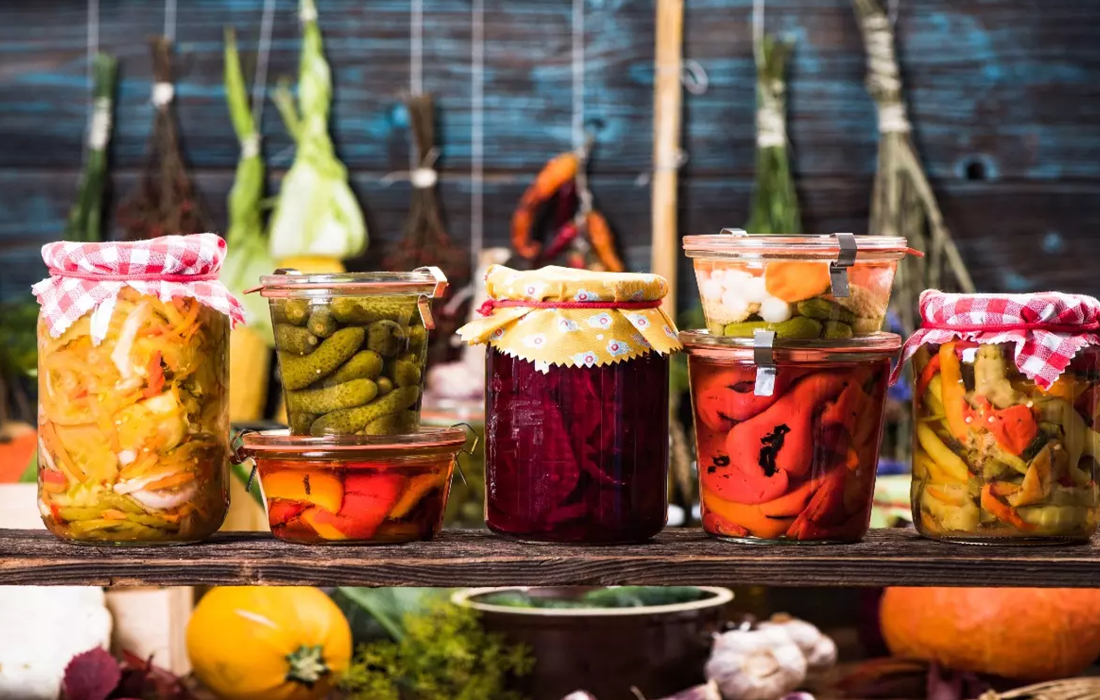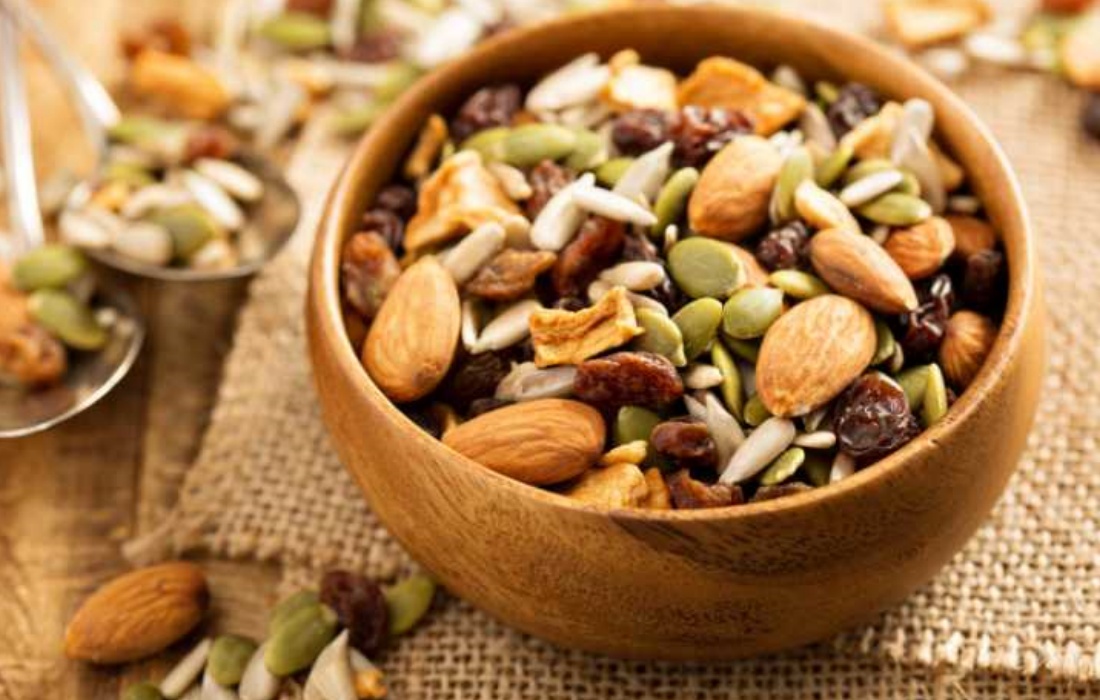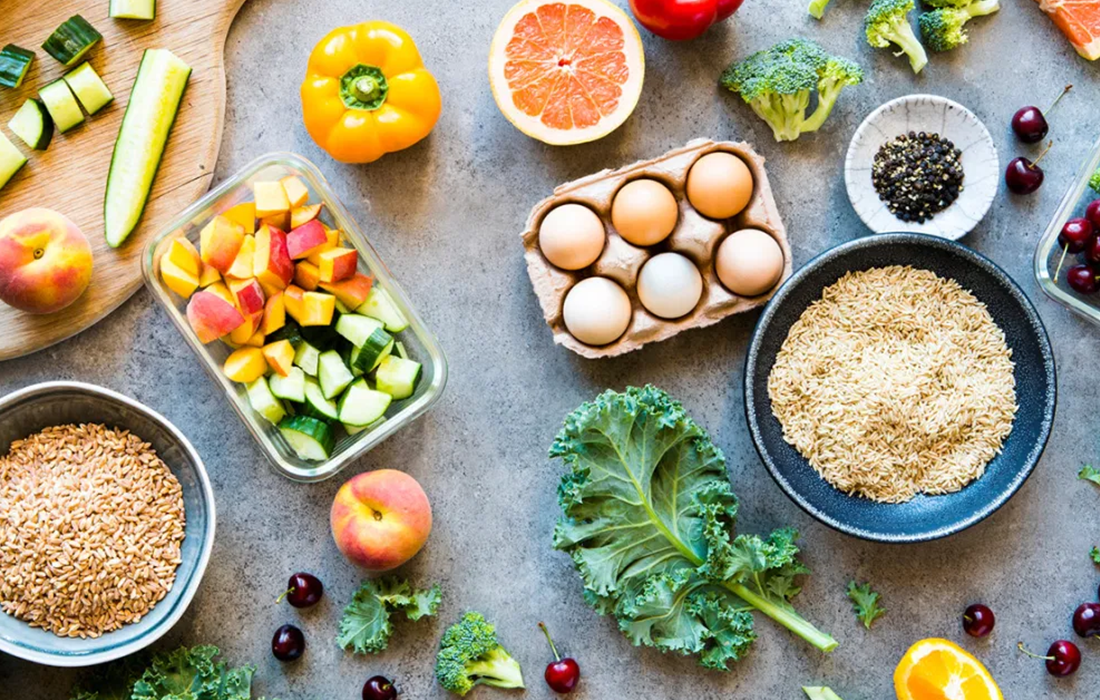Each day, our intestines are lined by 100 trillion tiny creatures called microbiota. They help us break down food particles and extract vitamins and minerals from plants; in fact, they play a crucial role in extracting nutrients from the food we eat. These microbiota are not only important for nutrient absorption but also for keeping our immune system strong. Eating certain types of bacteria can have an impact on many different aspects of health including immune function, mood regulation, weight management, as well as emotional and mental well-being. The following are Gut-Healthy Foods You Should Know:
1. Bifidobacteria
These bacteria reside in our large intestines and are best known as a key player in flora that helps us digest lactose and other carbohydrates. This essential microbe is not only good for humans but also animal farms, because it aids in the digestion of their feed. People who have Bifidobacteria in their gut experience less bloating after eating dairy products. The exact role Bifidobacteria plays in our bodies is still being researched, however it is thought to help regulate intestinal flora by ensuring adequate amounts of specific vitamins and minerals reach the body’s cells. The bacteria is also beneficial to probiotic capsules because of its ability to stimulate immunity and produce vitamins.
 2. Bacterial Flora is Essential for Good Health
Bacterial flora, or gut flora, is essential for good health because it plays a part in the breakdown of food, vitamins and minerals and also helps with immune system function. The gut bacteria also maintains a symbiotic relationship with the body’s immune system by using its waste products to produce vitamins that help us fight off infections. The importance of gut flora can be seen in the fact that most people have trillions of bacterial cells in their intestines yet very few have any noticeable symptoms until illness strikes. Symptoms are usually limited to occasional diarrhea and constipation, as well as a high level of repetitive strain injuries (RSI).
3. Probiotics are Beneficial to the Body
Probiotics are micro-organisms that have been shown in studies to help with digestion, mood regulation and immune system function. They also help our bodies defend against pathogens as well as promote healthy skin, hair and nail growth. The importance of probiotics cannot be overstated, especially in children who are growing and developing rapidly (and taking in large amounts of bacteria from the environment). Children’s bodies naturally contain much lower levels of probiotics than adults do, which is why it is essential for parents to ensure their child’s diet contains adequate levels of beneficial microorganisms. In addition, children who consume fewer probiotic foods may experience lower immunity levels as they grow older.
2. Bacterial Flora is Essential for Good Health
Bacterial flora, or gut flora, is essential for good health because it plays a part in the breakdown of food, vitamins and minerals and also helps with immune system function. The gut bacteria also maintains a symbiotic relationship with the body’s immune system by using its waste products to produce vitamins that help us fight off infections. The importance of gut flora can be seen in the fact that most people have trillions of bacterial cells in their intestines yet very few have any noticeable symptoms until illness strikes. Symptoms are usually limited to occasional diarrhea and constipation, as well as a high level of repetitive strain injuries (RSI).
3. Probiotics are Beneficial to the Body
Probiotics are micro-organisms that have been shown in studies to help with digestion, mood regulation and immune system function. They also help our bodies defend against pathogens as well as promote healthy skin, hair and nail growth. The importance of probiotics cannot be overstated, especially in children who are growing and developing rapidly (and taking in large amounts of bacteria from the environment). Children’s bodies naturally contain much lower levels of probiotics than adults do, which is why it is essential for parents to ensure their child’s diet contains adequate levels of beneficial microorganisms. In addition, children who consume fewer probiotic foods may experience lower immunity levels as they grow older.

Hi~Living Deals from "ApriaDirect"










